考研零基础英语语法 简单句
作者:whisper
链接:http://proprogrammar.com:443/article/80
声明:请尊重原作者的劳动,如需转载请注明出处
简单句的构成
一主一谓
主语 + 谓语动词 + 宾语/表语
主语:名词,代词,doing,to do
宾语:名词,代词,doing,to do
表语:形容词,介词短语
谓语动词
四种变化:时态,语态,情态,否定
时态
Birds are flying.
They have finished the work.
时态
Things are forgotten.
情态
We can make it.
否定
I did not enjoy it.
谓语动词的核心:主要动词(实义动词/系动词)
谓语动词的好帮手:助动词
助动词:基本助动词,情态动词,半助动词
基本助动词
be/do/have
have:帮助构成完成时态 have + done
Please put the saucepan away if you have finished with it.
I had finished my homework.
be:帮助构成进行时态 be + doing
The soldiers were keeping close...
We are having a good time.
be:帮助构成被动语态 be + done
His father was cheated.
People are shocked at the news.
do(do/does/did) 帮助构成否定/疑问句
You like it. He likes it. You liked it.
You do not like it. He does not like it. You did not like it.
Do you like it? Does he like it? Did you like it?
do(do/does/did) 帮助构成强调
You like it. He likes it. You liked it.
You do like it. He does like it. You did like it.
情态动词
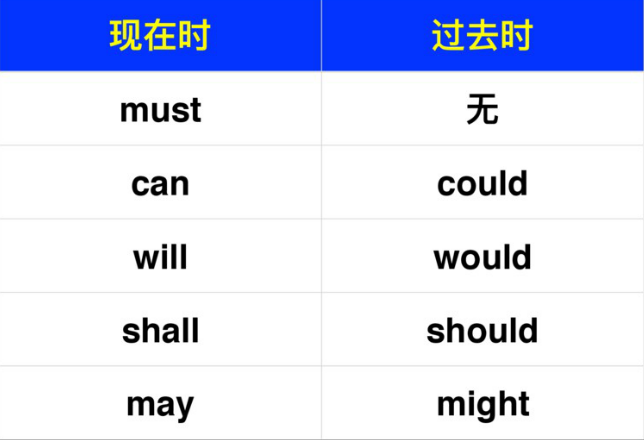
表示情态、推测、虚拟
后接动词原形构成谓语
没有人称和数的变化
时态变化很有限(现在时,过去时)
must:表示“必须”
We must finish the homework on time.
Must I finish my homework?
Yes, you must.
No, you needn't/you don't have to. 因为must语气太强,所以否定中一般不用,用时表时禁止,一定不
must:表示推测“肯定,一定”
You must be the new teacher.
He must wait for us.
He must be waiting for us.
推测现在:must do/be doing
It must have rained last night.
You must have cried.
推测过去:must have done
may/might 表示请求允许“可以吗”
May I open the door?
may/might 表示允许“可以”
You may come in and have a cup of tea.
may/might 表示推测“可能”
The play may begin at any moment.
推测现在 may do / be doing
It may have begun already.
推测过去 may have done
can/could 表示能力“能够”
I can cook.
can/could 表示请求允许“可以吗”
Can I open the door?
Can you help me?
can/could 表示允许“可以”
You can help me to find my size.
can/could 表示推测“不可能”
It can't be him.
She couldn't murder her boss.
will/would 表示将来“将要”
I will travel abroad.
They would have a discussion after the accident happened.
will/would 表示意愿“愿意”
Will you marry me?
will/would 表示推测
shall 表示将来“将要”
I shall travel abroad.
We shall travel abroad.
should 表示义务“应该”
You should obey the rules.
should 表示推测
表示情态(情绪态度),每一个情态动词意思不同
表示虚拟:本要做某事,实际上没做
should have done
could have done
would have done
might have done
need have done
I could have helped him, but I was too busy.
You are so rude. You needn't have said that.
半助动词
半助动词:是因为它们在语法上既有主动词的特征又有助动词的特征。
半助动词可大体分为三种类型:
一种是以be 为中心成分,如 be about to, be bound to, be going to, be sure to, be certain to, be(un)likely to, be to;
另一种是以 have为中心成分,如have to, have got to,had better;
第三种是以seem/happen/appear/tend等为中心成分,如 seem to, happen to, appear to, tend to,等等。
上述三种半助动词以下简称为be-型半助动词,have-型半助动词和seem-型半助动词。
亲爱的读者:有时间可以点赞评论一下
作者其它文章
- 数字图像处理
- 剑指offer2
- 工作学习
- 这些算法有自己的方法
- 插件
- 软件使用
- 数学
- mybatis
- 计算机网络
- 正则表达式专栏
- 问题记录
- Thymeleaf
- zuul
- hystrix
- 正则表达式
- feign
- 编程相关技术
- ribbon
- 微服务
- eureka
- 分布式
- 模板
- angularjs
- javascript
- html
- c++ grammar
- c grammar
- python grammar
- java grammar
- 软件工程
- 数据库系统概论
- 转载
- 小知识
- 考研
- webservice
- 网络
- struts2
- springmvc
- springboot
- redis
- mongodb
- hibernate
- 计算机组成原理
- 当代世界经济与政治
- leetcode
- 思想道德修养与法律基础
- 毛泽东思想和中国特色社会主义理论体系概论
- 作乐
- 生活点滴
- 娱乐
- 中国近现代史纲要
- 操作系统
- sunny day, singing day
- 设计模式与算法
- 框架
- 概率论与数理统计
- 线性代数
- JAVA
- 前端
- 数据库
- 马克思主义基本原理概论
- 软考
- 生活,生,活
- 晴雨
- CSS
- LINUX
- java web整合开发王者归来
- 英语
- 高等数学
- 数据结构
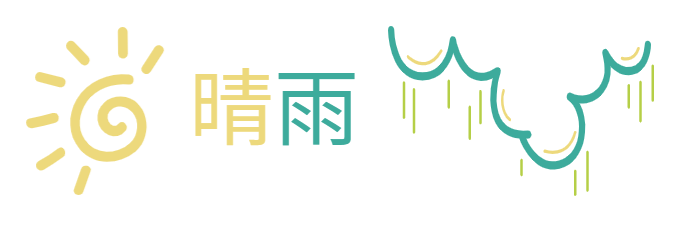
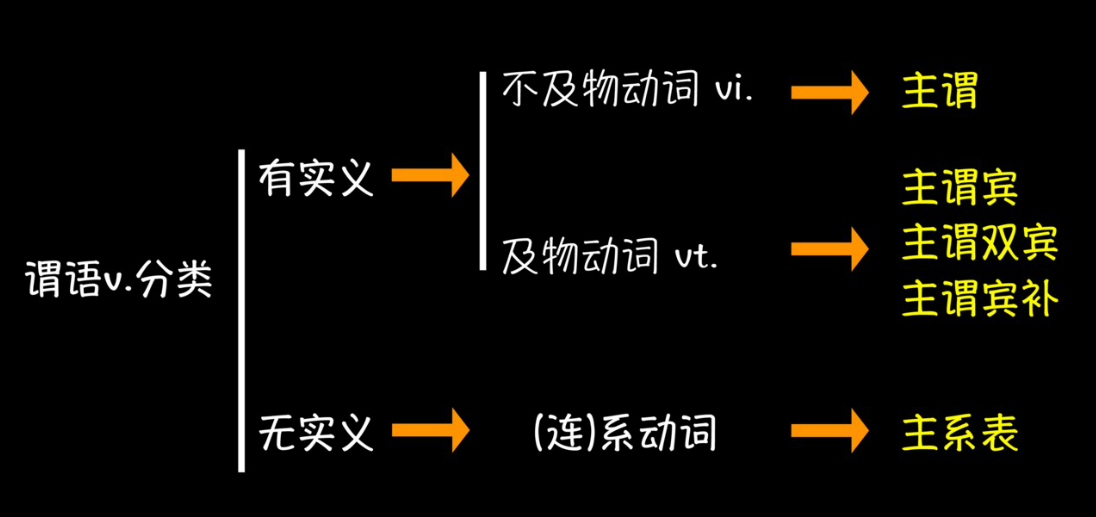
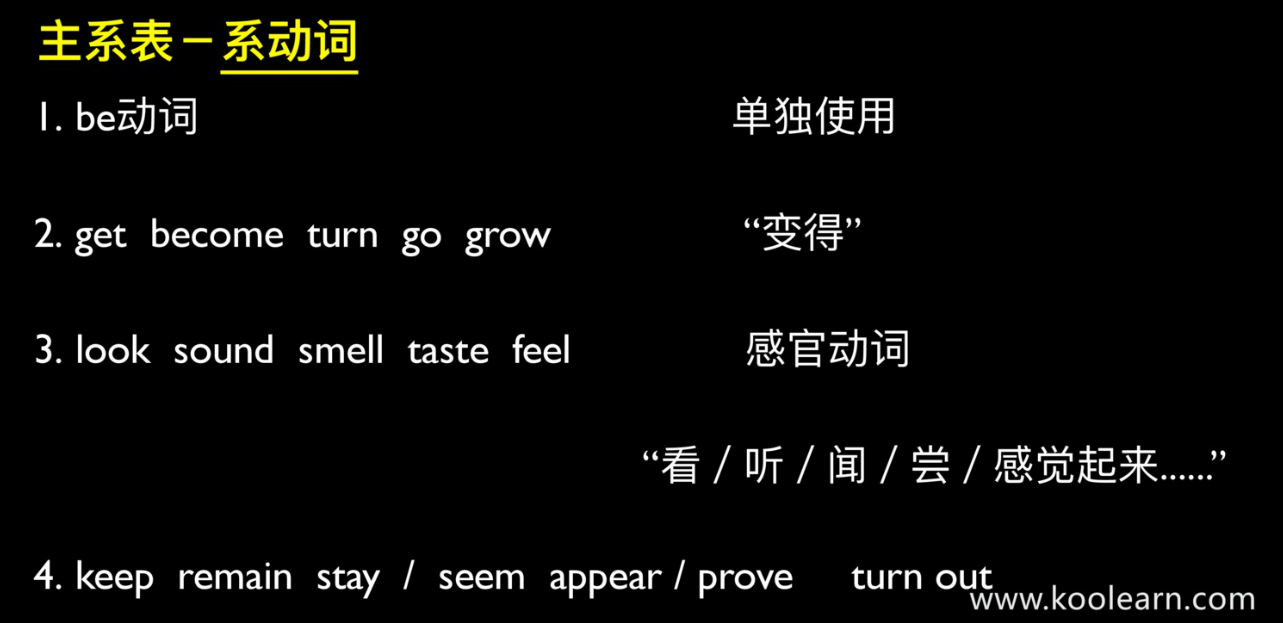


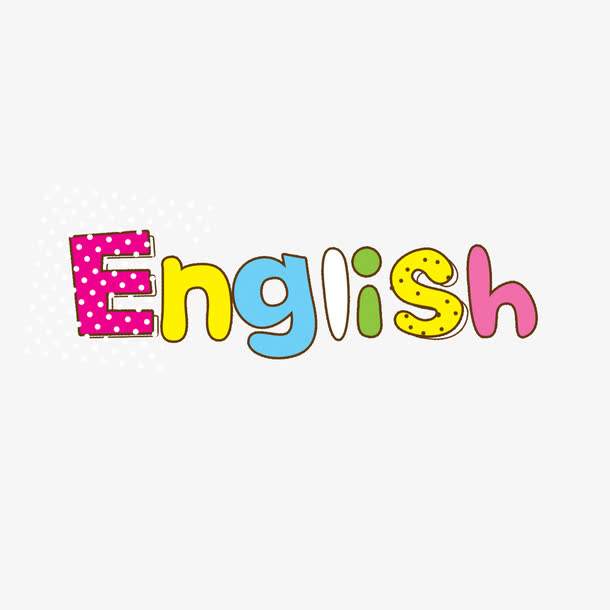

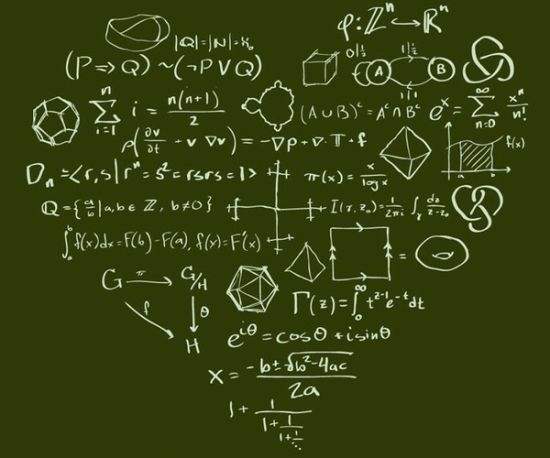















全部评论